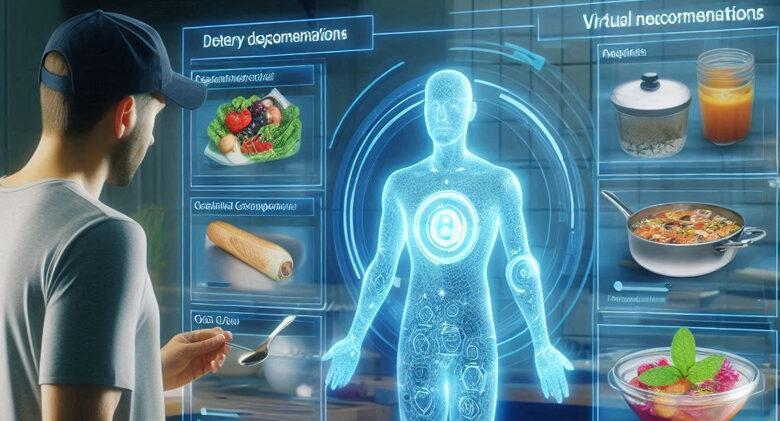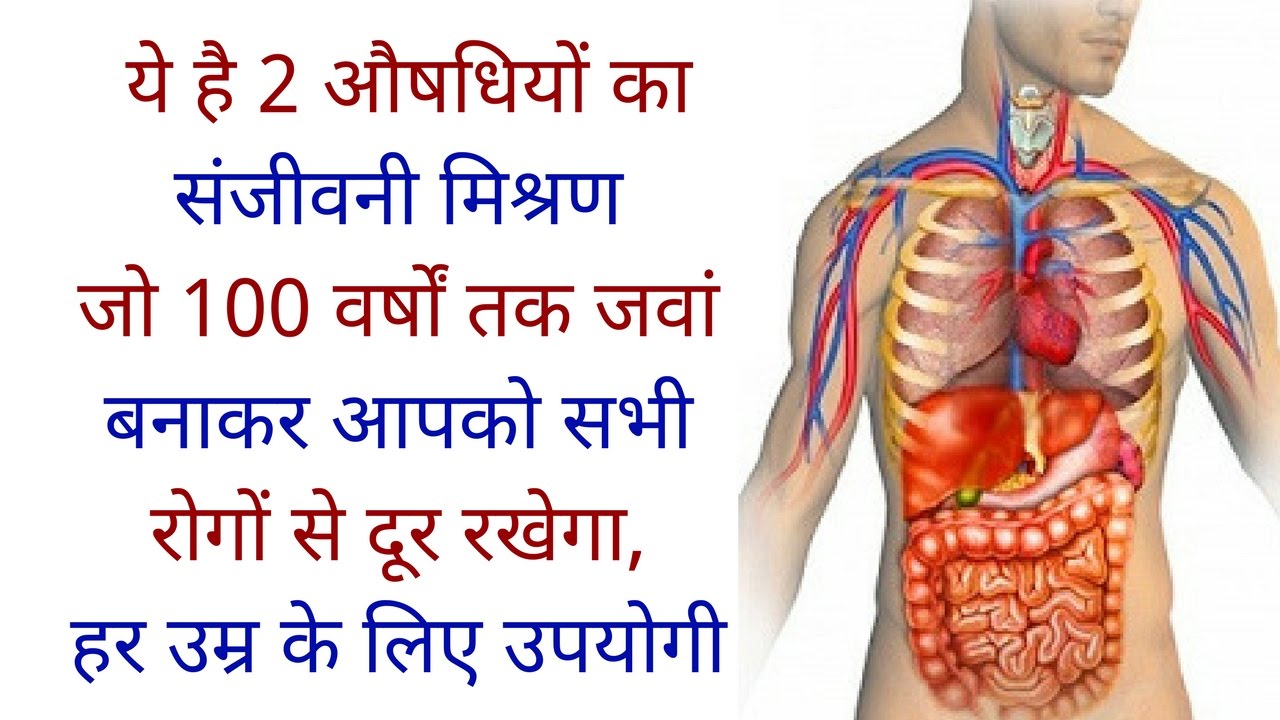
In the ever-evolving world of health and wellness, artificial intelligence (AI) is revolutionizing how we approach weight loss. Gone are the days of generic diet plans that fail to address individual needs. Today, AI-powered solutions offer hyper-personalized diet plans tailored to each person’s genetics, microbiome, lifestyle, and health goals. By harnessing the power of machine learning and data analysis, these technologies are transforming weight management into a precise, science-backed process.This article explores how AI is shaping the future of personalized nutrition, its benefits for weight loss, and the challenges that lie ahead.
The Rise of AI in Personalized Nutrition
AI-powered nutrition platforms have gained significant traction in recent years. These systems analyze vast amounts of data—ranging from genetic markers to daily activity levels—to create customized diet plans that cater to individual needs. Unlike traditional one-size-fits-all approaches, AI considers unique factors such as:
- Genetic predispositions: How your body processes nutrients like fats and carbohydrates.
- Gut microbiome: The composition of bacteria in your digestive system and its impact on metabolism.
- Health conditions: Chronic illnesses like diabetes or hypertension.
- Lifestyle habits: Activity levels, sleep patterns, and dietary preferences.
By integrating these variables, AI generates diet plans that are not only effective but also sustainable.
How AI Creates Personalized Diet Plans
AI uses advanced algorithms and machine learning models to design tailored nutrition strategies. Here’s how it works:
- Data Collection
- Users provide key information such as age, weight, height, activity level, and health goals.
- Some platforms incorporate genetic testing or microbiome analysis to gather deeper insights.
- Analysis of Nutritional Needs
- AI evaluates the user’s caloric requirements, macronutrient ratios (carbohydrates, proteins, fats), and micronutrient needs (vitamins and minerals).
- It identifies deficiencies or excesses in the current diet.
- Meal Planning
- Based on the analysis, AI generates meal plans that align with the user’s goals—whether it’s weight loss, muscle gain, or managing a medical condition.
- These plans include portion sizes, recipes, and even grocery lists for convenience.
- Real-Time Feedback
- Wearable devices and apps track progress by monitoring metrics like calorie intake, physical activity, and weight changes.
- AI adjusts recommendations dynamically based on real-time data.
- Behavioral Insights
- Some platforms use behavioral data to identify patterns such as emotional eating or inconsistent meal timing.
- They provide actionable tips to address these habits.
Benefits of AI-Personalized Diet Plans for Weight Loss
AI-driven diet plans offer several advantages over traditional methods:
- Precision and Accuracy
By analyzing individual data points like genetics and microbiome profiles, AI ensures that dietary recommendations are highly specific and effective. - Sustainability
Personalization increases adherence to diet plans by incorporating food preferences and cultural considerations. This makes it easier for users to stick to their goals long-term. - Real-Time Adjustments
Unlike static meal plans, AI systems adapt to changes in a user’s lifestyle or progress. For example, if someone increases their physical activity level, the AI may adjust their caloric intake accordingly. - Accessibility
AI platforms make expert-level guidance affordable and widely available. Many apps provide 24/7 support without requiring costly consultations with dietitians. - Integration with Wearables
Devices like fitness trackers sync with AI platforms to provide continuous monitoring of health metrics such as heart rate and calorie expenditure. - Chronic Condition Management
For individuals with conditions like diabetes or hypertension, AI ensures that dietary recommendations align with medical needs while promoting weight loss.
Examples of AI-Powered Nutrition Platforms
Several innovative platforms are leading the charge in personalized nutrition:
- DietAI App
This app offers tailored meal plans based on user preferences and health goals. It tracks nutrient intake in real time and provides recipe suggestions for balanced meals. - Numi App
Numi specializes in creating calorie-specific meal plans for weight loss while ensuring macronutrient balance. - HealthifyMe
Using image-based recognition technology, this app allows users to track calories by simply taking photos of their meals. - Genetic Testing Integration
Platforms like 23andMe collaborate with nutrition-focused apps to design diets based on DNA analysis.
Challenges in Implementing AI-Personalized Diet Plans
While the potential of AI in personalized nutrition is immense, several challenges remain:
- Algorithmic Limitations
Studies have shown that some AI-generated diet plans struggle with macronutrient balance or portion accuracy. Refining algorithms is essential for improving efficacy. - Data Privacy Concerns
Collecting sensitive information like genetic data raises questions about data security and ethical use. - Affordability
While many apps are accessible, advanced features like genetic testing or microbiome analysis can be expensive. - Human Oversight Required
Despite its capabilities, AI cannot replace the expertise of trained dietitians who consider emotional and psychological factors in weight management. - Cultural Sensitivity
Global adoption requires tailoring recommendations to diverse cultural diets and food availability.
The Future of AI-Personalized Nutrition
As technology advances, the future of personalized nutrition looks promising:
- Fitness trackers will play a larger role in providing real-time health data for more precise dietary adjustments.
- Healthcare providers will use AI-generated insights during consultations to offer tailored advice.
- The study of how genes interact with food (nutrigenomics) will become more sophisticated, enabling even greater personalization.
- Researchers are developing methods to map gut bacteria profiles for more targeted dietary interventions.
- Efforts are underway to make personalized nutrition affordable for underserved populations through simplified AI tools.
AI-powered personalized diet plans represent a groundbreaking shift in how we approach weight loss and nutrition management. By combining advanced algorithms with individual data points like genetics and lifestyle habits, these systems offer precision-driven solutions that were previously unimaginable.While challenges such as algorithm refinement and privacy concerns need addressing, the benefits of personalized nutrition far outweigh its limitations. As we move further into 2025 and beyond, it’s clear that artificial intelligence will continue to play a pivotal role in helping individuals achieve their health goals efficiently and sustainably.For those looking to embark on a weight-loss journey tailored specifically to their needs, exploring AI-driven platforms may be the key to unlocking long-term success in achieving a healthier lifestyle!




